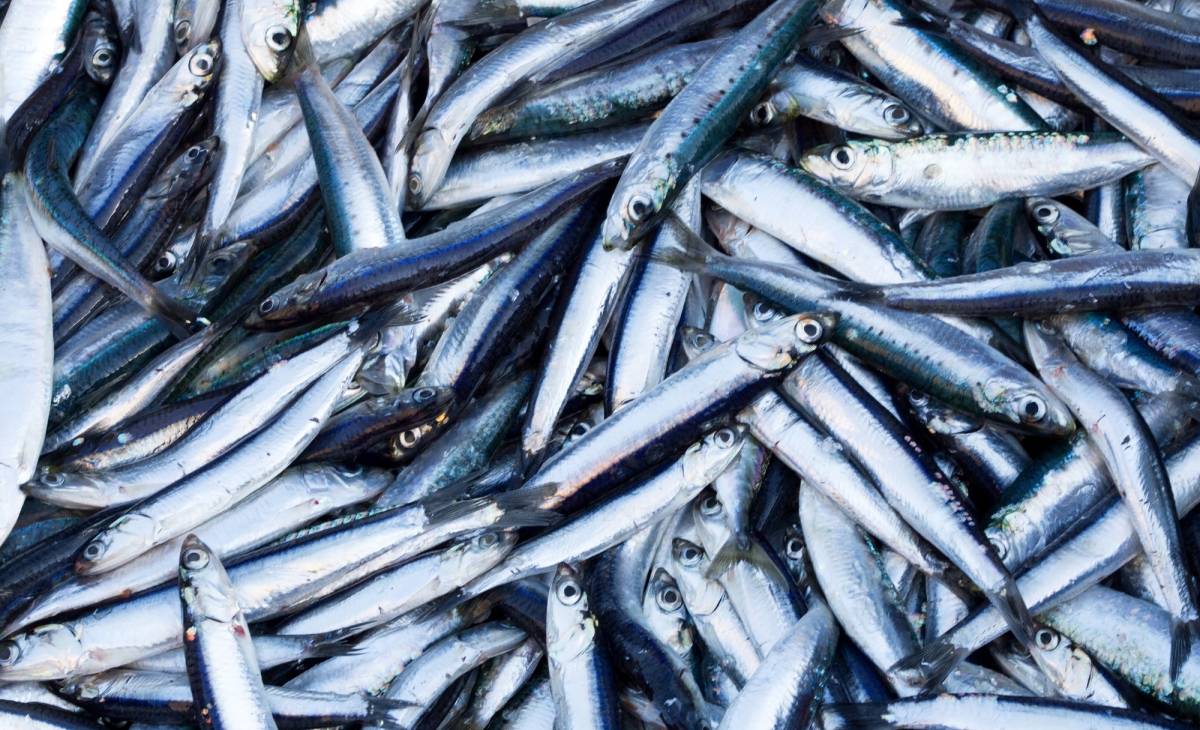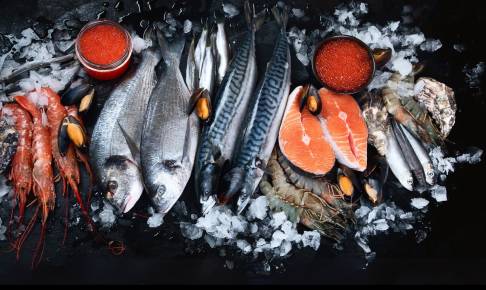Edible fish from the Mediterranean Sea contaminated with plasticizers
A recent research, conducted in partnership with the Institute of Environmental Diagnostics and Water Studies (IDAEA - CSIC), the Institute of Marine Science (ICM - CSIC), and the Spanish Institute of Oceanography (IEO - CSIC), discovered plasticizer compounds in several Mediterranean Sea fish.
From the Western Mediterranean Sea, fifty-five fish samples were collected, including European sardine (Sardina pilchardus), European anchovy (Engraulis encrasicolus), and European hake (Merluccius merluccius). Plasticizers known as organophosphate esters (OPEs), chemical compounds found in pesticides and frequently utilized in industry (plastics, textiles, furniture, etc.), were found in all samples except for two hake samples, with concentrations ranging from 0.38 to 73.4 ng/g wet weight (ww). Sardines had the highest mean value of 20.5 ± 20.1 ng/g ww, followed by anchovies. Hake, which is a partial predator of anchovy and sardine, has the lowest OPE concentrations.
The amounts discovered, however, do not pose a threat to human health, and scientists say that eating these fish does not pose any risks in and of themselves. At the same time, pollution should not be overlooked since, together with climate change and heavy fishing, it may be one of the factors contributing to the loss of these species' populations.
Source:
https://www.sciencedirect.com/science/article/pii/S026974912101959X?via%3Dihub






















